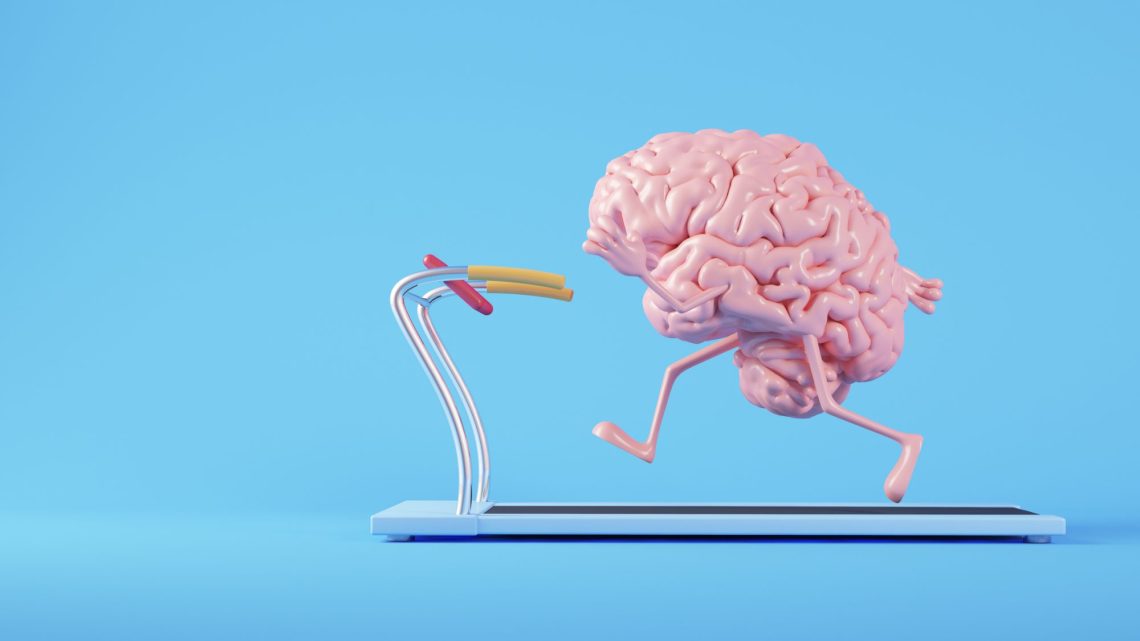Brain health is vital for overall well-being, and maintaining it is essential for physical, mental, and emotional balance. Our brain controls everything from basic motor functions to complex cognitive abilities like memory, decision-making, and creativity cognitivecontroversies.com. As the control center of the body, its health impacts virtually every aspect of life. This article explores the importance of brain health, factors affecting it, and strategies to enhance and protect it.
What Is Brain Health?
Brain health refers to the brain’s ability to function at its best. It includes cognitive function (memory, learning, attention, problem-solving), emotional regulation (mood, stress management), and physical functions (movement, coordination, balance). Healthy brain activity depends on the proper functioning of neurons, the cells that transmit information, and the connectivity between different regions of the brain.
Factors Influencing Brain Health
Several factors contribute to brain health, some within our control and others beyond it. These include:
- Genetics
Our genetic makeup plays a significant role in our brain’s health. Certain hereditary conditions can influence the likelihood of developing neurodegenerative diseases like Alzheimer’s or Parkinson’s disease. - Age
As we age, cognitive function naturally declines. Brain plasticity, which is the brain’s ability to reorganize itself by forming new connections, diminishes with time, making it harder to learn new information. - Lifestyle Choices
The choices we make daily have a profound impact on brain health. Diet, exercise, sleep, and stress management can either protect or deteriorate the brain. A balanced lifestyle can go a long way in preserving mental clarity and cognitive sharpness. - Environment
Environmental factors like pollution, toxins, and exposure to harmful substances can negatively affect brain health. A positive, stimulating environment can support cognitive function, while an overstimulating or toxic environment can have the opposite effect. - Mental Health
Emotional well-being is closely tied to cognitive function. Chronic stress, anxiety, and depression can impair the brain’s ability to function efficiently. Taking care of mental health is just as important as caring for physical health.
Tips to Boost and Maintain Brain Health
While some aspects of brain health are out of our hands, there are many ways to enhance and protect brain function:
- Regular Physical Exercise
Exercise increases blood flow to the brain, which provides oxygen and nutrients necessary for brain cell growth. Activities like walking, running, swimming, and yoga can reduce the risk of cognitive decline and improve memory, focus, and mood. - Healthy Diet
What you eat has a profound effect on brain health. A balanced diet rich in antioxidants, healthy fats, proteins, and vitamins is essential. Omega-3 fatty acids, found in fatty fish like salmon, walnuts, and flaxseeds, are particularly important for brain function. Antioxidant-rich foods like blueberries and leafy greens help combat oxidative stress that can damage neurons. - Quality Sleep
Sleep is crucial for brain health. During deep sleep, the brain clears out toxins that accumulate throughout the day. Sleep also consolidates memories and enhances learning. Aim for 7-9 hours of uninterrupted sleep per night to allow your brain to function at its best. - Mental Stimulation
Keeping your brain engaged with puzzles, reading, learning new skills, or playing brain-training games can enhance cognitive function. Challenging the brain through activities that require thought and problem-solving helps maintain mental agility. - Social Interaction
Engaging in meaningful social activities helps improve emotional well-being and cognitive function. Socializing with friends, joining clubs, or participating in group activities can reduce the risk of cognitive decline and keep the brain active. - Stress Management
Chronic stress can lead to inflammation in the brain, which may affect memory and learning. Practices like meditation, deep breathing, mindfulness, and yoga are effective ways to reduce stress and protect the brain from its harmful effects. - Protect Your Brain
Take steps to prevent brain injuries by wearing helmets while biking or engaging in contact sports. Additionally, avoid exposure to toxins such as heavy metals, air pollution, and excessive alcohol. - Regular Check-ups
Regular medical check-ups are important for maintaining brain health, particularly as we age. Screening for conditions like high blood pressure, diabetes, and high cholesterol can prevent or reduce the risk of cognitive decline.
The Importance of Early Intervention
Many neurodegenerative diseases, such as Alzheimer’s and Parkinson’s disease, start developing subtly over many years. Early intervention can help slow down or prevent the progression of these diseases. Recognizing early signs of cognitive decline, such as memory loss or difficulty concentrating, and seeking help from a healthcare professional can lead to more effective management and treatment.





